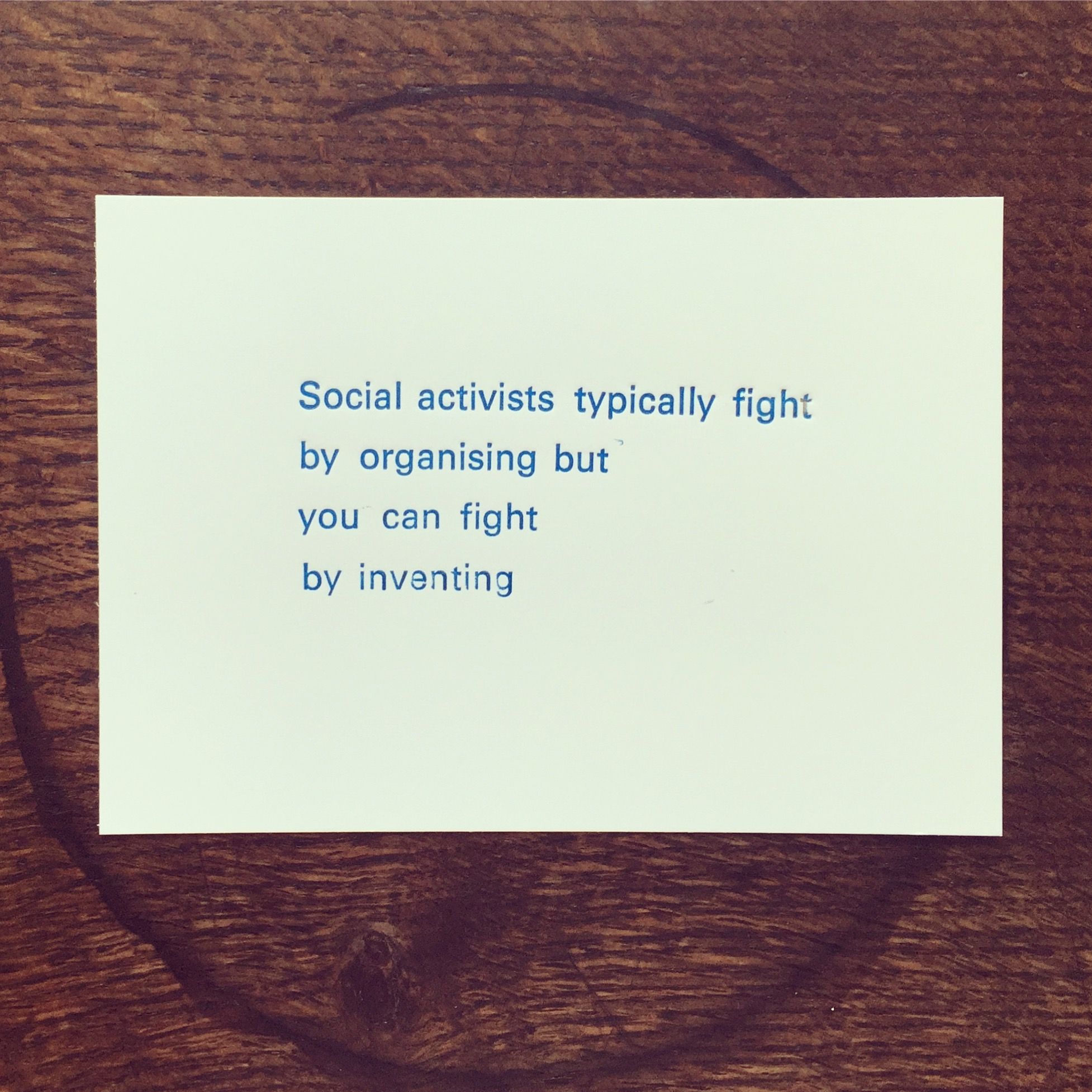Sarah Gold is a global digital leader who specialises in the design of trustworthy digital services in the private and public sector. She helps organisations change how they integrate technology to solve systemic and persistent customer challenges. She is best known for her work in pioneering new approaches to user experience and trust.
Sarah is the founder and CEO of IF, a digital agency for organisations using emerging technologies such as AI. IF helps their clients grow in new markets, and deepen existing relationships, through greater customer trust. Clients include Google, the UK Government, and Blue Cross Blue Shield.
She advises the Mayor of London's Data for London programme, and the UK Design Council on digital. Her work on legibility of complex systems has won several awards, including Forbes 30 under 30 and The Observer's New Radical.
